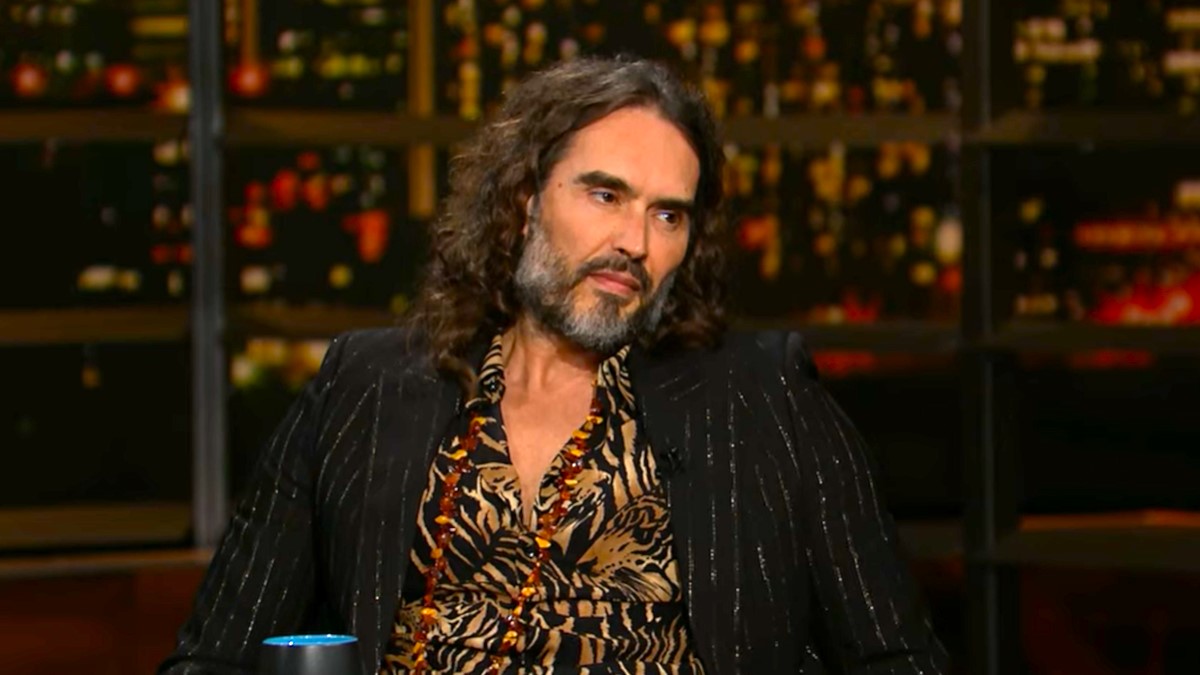Last week, the entertainment industry was rocked by multiple allegations of sexual assault against Russell Brand, the comedian and actor best known to international audiences for his voice work on big budget Hollywood animated films such as Despicable Me and Trolls.
The news broke shortly before the broadcast of a 90-minute special on Britain’s Channel 4, in which it was claimed that Brand had assaulted three women at the height of his fame during the 2000s. Brand has categorically denied the accusations, and at the time of writing, London’s Metropolitan Police have acknowledged that a report of an assault has been made to them, and his YouTube channel’s monetization has been suspended.
After a stop-start career in film and lengthier, more successful stints on radio and TV, Brand has more recently gone back to his bread and butter of stand-up comedy, while also peddling conspiracy theories online (Brand was interviewed by Joe Rogan on the latter’s podcast a few years ago). However, this is far from the first controversy he has been mired in. Just what was “Manuelgate,” and why did it lead to Brand resigning from a lucrative job with the BBC back in 2009? Here’s the skinny.
Loud, louche, and lascivious: Russell Brand in the 2000s
Brand’s career began on MTV, but he came to wider prominence in 2004 as the larger-than-life presenter of Big Brother’s Big Mouth, a spin-off of the reality TV franchise. At the time, Brand was as frequently in the news for stunts branded as edgy, Jack-the-lad humor: he got fired from a radio broadcasting job for reading out porn on air, and dismissed from MTV for turning up to the studio dressed as Osama bin Laden – the day after 9/11.
His star, however, continued to rise. He received good reviews for early roles in comedies such as Forgetting Sarah Marshall, and was hired by the BBC to present a show on Radio 2; and it was there in October 2008 that “Manuelgate” came to be.
A series of prank calls no-one found funny
The setup was innocuous enough. On Oct. 16 that year, Brand was recording an his show alongside Jonathan Ross, a fellow comedian who made his name in the 1980s during the British alternative comedy scene that jump-started the careers of Rik Mayall, Eddie Izzard, and countless others, who had segued into broadcasting by the 2000s.
Both Ross and Brand were hot property, as well as holders of six-figure broadcasting contracts with the BBC. Among the guests for that day’s edition was Andrew Sachs, a 78-year-old British character actor. Crucially, Brand had had a brief relationship with Sachs’ granddaughter, burlesque dancer and musician Georgina Baillie – a fact that was apparently unknown to Sachs.
When a phone call was placed to Sachs’ number, the actor failed to pick up. Brand then left a long, meandering voicemail message, only to be interrupted by Ross in the background: “He f***** your granddaughter!” Three more voicemails followed. In one of them, Brand idly speculated on the possibility that Sachs might kill himself after hearing the first one; on another, he sang an “apology”, part of which ran as follows: “I said some things I didn’t have oughta – like, “I had sex with your granddaughter… I’d like to apologize for all these terrible attacks – Andrew Sachs!”
Andrew Sachs
If you’ve watched any British TV at all over the last 50 years, the chances are you’ve seen Andrew Sachs at some time or other. A mainstay of both comedy and drama, he was frequently in demand for his services as a character actor, and was most well known for his work opposite Monty Python’s Flying Circus alum John Cleese as Manuel, a well-meaning but hapless Spanish waiter, in the hit BBC comedy Fawlty Towers. Playing one of British television’s most lovable dimwits endeared Sachs to the public, and parts followed in long-running soap operas Coronation Street and EastEnders.
By 2009, Sachs was in his late 70s and had slowed down, taking fewer roles and keeping a low public profile – which is what makes what came to be known as “Manuelgate” all the more shocking. Amazingly, the segment, which was pre-recoded, made it into the final edit of the program and went out on Radio 2 later in the month.
The fallout
When the segment aired a few days later, there was at first little reaction. But after a British tabloid newspaper ran an article criticizing Brand and Ross for what they saw as an unprincipled and tawdry attack on an elder stateman of British TV, the calls and emails began piling up. The item resulted in over 40,000 complaints to the BBC, and even Gordon Brown, Britain’s Prime Minister at the time, called the calls “clearly inappropriate and unacceptable”.
The affair eventually resulted in the resignation of the controller of Radio 2, who took responsibility for the editorial decision to air the piece. Ross walked away from the incident with a rap on the knuckles – though his egging on of Brand tarnished his reputation, he was one of BBC1’s big-name talk show hosts at the time, and served only a brief suspension before reappearing on prime time TV shortly afterward.
Brand was not to be so lucky. The more junior of the pair, he resigned from the BBC, and never hosted a radio show for the company again. Subsequent forays into radio and TV with rival channels, as well as a critically panned remake of the 1981 Dudley Moore comedy Arthur with Brand in the lead role, kept him in the public eye, as did a brief stint as an essayist. But Brand’s wayward behavior was always likely to catch up with him, and among wide swathes of his target audience, sympathy may be about to run out.
